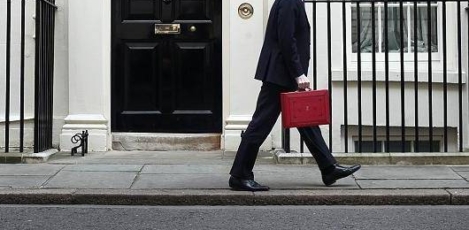July 19, 2015
Weekly Insight on gender pay, green buildings, agile working and more
 In this week’s issue; Mark Eltringham argues that the focus on a mythical gender pay gap, as repeated by the Prime Minister, obscures the real issues women (and a growing number of men) face; more evidence emerges to crush another myth, this time the one that equates the health impacts of sitting with smoking; the UK’s ‘greenest Government ever’ abandons its zero carbon buildings plans; Simon Heath questions the reported impact of robots on workplaces; Sara Bean on how firms are leaving remote working employees to fund their own kit; the under-reported and ongoing allure for employees of filthy lucre over flexible working opportunities; and the enduring suspicion of wearable technology in the British workplace. Subscribe for free quarterly issues of Work&Place and weekly news here, follow us on Twitter and join our LinkedIn Group to discuss these and other stories.
In this week’s issue; Mark Eltringham argues that the focus on a mythical gender pay gap, as repeated by the Prime Minister, obscures the real issues women (and a growing number of men) face; more evidence emerges to crush another myth, this time the one that equates the health impacts of sitting with smoking; the UK’s ‘greenest Government ever’ abandons its zero carbon buildings plans; Simon Heath questions the reported impact of robots on workplaces; Sara Bean on how firms are leaving remote working employees to fund their own kit; the under-reported and ongoing allure for employees of filthy lucre over flexible working opportunities; and the enduring suspicion of wearable technology in the British workplace. Subscribe for free quarterly issues of Work&Place and weekly news here, follow us on Twitter and join our LinkedIn Group to discuss these and other stories.




































July 15, 2015
The standard gender pay gap narrative is a myth, but that doesn’t mean there aren’t problems
by Mark Eltringham • Comment, Flexible working, Knowledge, Workplace
(more…)